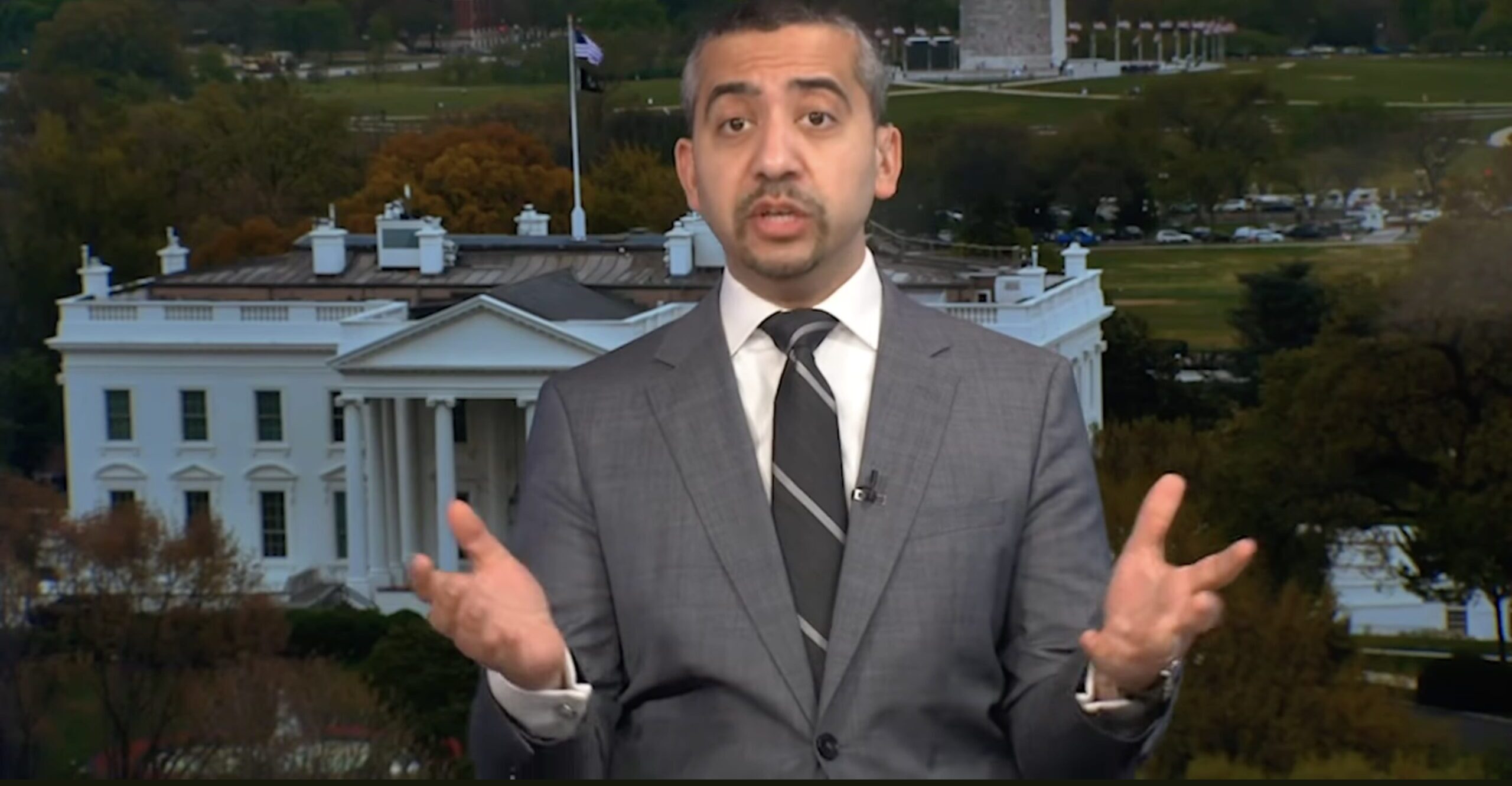Former MSNBC commentator Mehdi Hasan has this week officially launched his new media company, Zeteo, which bills itself as a place “where independent and unfiltered journalism is making its comeback”. The site is currently operating via self-publishing platform Substack.
Despite its aspirational claims, Zeteo’s headline-grabbing masthead is, for now, a grab-bag of celebrity activists including Greta Thunberg, Sex and the City star Cynthia Nixon, Naomi Klein, and comedian W. Kamau Bell. Former CNN reporter John Harwood is one of the few experienced journalists on the list.
Given the site’s line-up, one of the major challenges Hasan will face is a tight market in which demand for partisan commentary is well satisfied by social media. Political influencers with followings in the millions deliver charged, engagement-primed content at low cost. Competing with the entrenched competition, while having to compensate contributors with the star wattage of Thunberg and Nixon, will not be easy. Eventually, the bill will come due.
But Hasan also faces another challenge: his own brand. When his show was cancelled last year, Hasan hit a ratings nadir of 37,000 viewers in the key demographic of viewers aged 25-54, a tiny fraction of what Fox’s top-rated news shows bring in. The presenter claims that he left MSNBC in order to “get my own voice back” — particularly in relation to the Gaza war, during which he has been a strident critic of Israel’s conduct.
There’s more to that story, though. Since 1 October, Hasan has failed to cross the threshold of 500,000 total viewers per show, a dismal number by any standard. One likely explanation is that as Hasan’s coverage became focused intensely on Gaza at the expense of other major events, and his rhetoric continued to ramp up, viewers turned away.
This is precisely the double edge of the sword Hasan is wielding, for Zeteo’s content is focused almost exclusively on Israel. At the time of writing, its main feature is a heated discussion between Hasan and former Israeli prime minister Ehud Olmert. Aside from a “Welcome to Zeteo” item, every single piece on the site’s “Most Popular” sidebar focuses on Israel or Gaza. Even Hasan’s inaugural monologue was focused on the topic. And of the remaining nine items on the page, six focus on — you guessed it — Israel.
Israel is, of course, a hot topic in the news at the moment, but the question is whether a “media organisation,” as Hasan describes it, can be built on an almost monomaniacal pursuit of a single issue, no matter how compelling it may be.
Finally, Hasan will be battling a macro trend in the media, where layoffs, closures, and downsizing are seemingly becoming the plat du jour of an embattled industry. Without very deep pockets backing the venture, and with production costs being infamously unscalable, it’s hard to see how Zeteo survives, let alone thrives amid the wreckage of great news brands.











Join the discussion
Join like minded readers that support our journalism by becoming a paid subscriber
To join the discussion in the comments, become a paid subscriber.
Join like minded readers that support our journalism, read unlimited articles and enjoy other subscriber-only benefits.
Subscribe